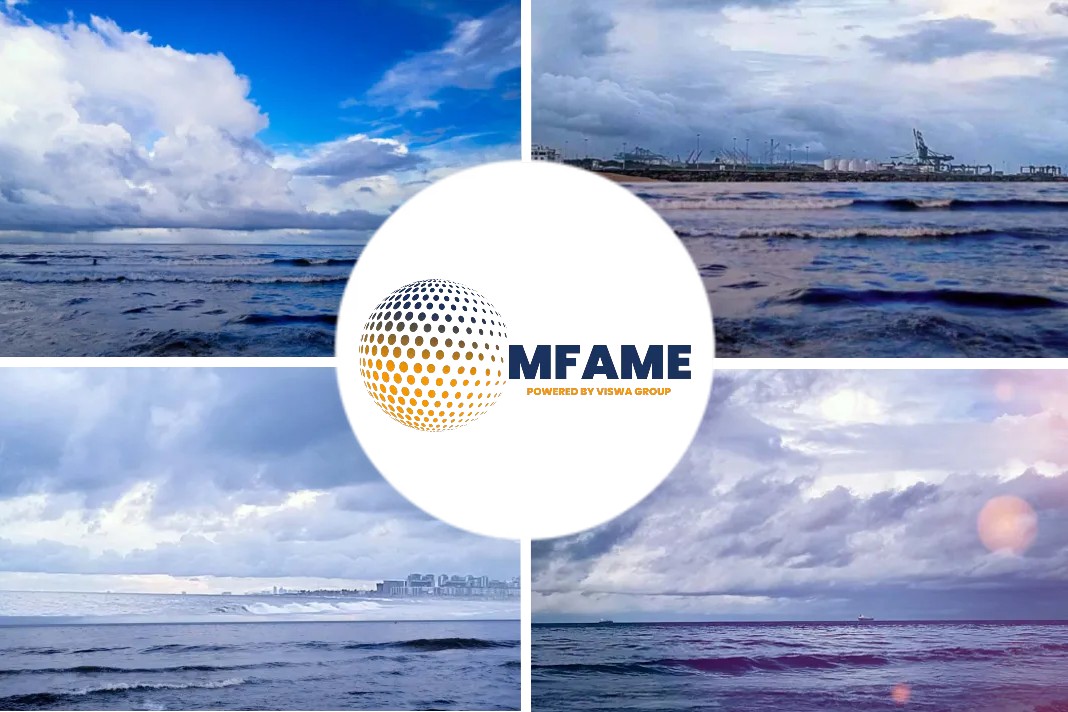Early December is usually a fairly quiet time for news as people prepare for the coming holiday season, but this week sees an unusual cluster of events making it difficult to know where to look, writes Malcolm Latarche in an article published in Ship Insight.
A New Shift in the Horizon
There is of course Marintec in China where an unusually high amount of announcements of new technology and research developments is emanating from, there are climate talks going on in Spain and a UK general election soon to take place which will likely result in Britain’s exit from the EU. On top of that the shipping world is gearing up for the seismic event that will take place in the New Year when the IMO Global sulphur cap finally arrives.
So far the big news from Marintec is the announcement of four new engines by WinGD but there is also a forward looking feel with some of the plans for projects aimed at moving to decarbonise shipping in line with the IMO’s ambitious plans.
IMO Busy at Work
The IMO has been busy itself attending the COP 25 talks in Spain and giving an update on what is happening in shipping. It is slightly ironic that the talks are being led by Chile and not Spain but then the talks were due to take place in Chile but had to be moved due to civil unrest caused mainly by government policies aimed at reducing CO2 emissions.
The IMO says it has presented its latest work to reduce greenhouse gas emissions from shipping to the conference in Spain saying it has approved draft amendments to strengthen the energy efficiency design requirements for new ships; and an intersessional working group meeting has considered various mandatory proposals aimed at reducing the carbon intensity of existing ships.
IMO also reported to the Subsidiary Body for Scientific and Technical Advice (SBSTA 51) on the continued successful execution of two important capacity-building projects (GloMEEP and the global GMN network for energy-efficient shipping), which are supporting developing countries in the implementation of IMO’s energy efficiency measures; and the initiation of a third, GreenVoyage-2050 project, to support global efforts to demonstrate and test technical solutions for reducing GHG emissions in shipping and enhance knowledge and information sharing to support the Initial IMO GHG Strategy.
UN’s Strict Mandate
Shipping maybe making its case but it will not be best pleased with UN Secretary General Antonio Gutteres who wants to see an end to coal and oil use. Shipping may be willing to accept a new form of power for propulsion if such a thing is developed but it can hardly relish the disappearance of some of the most commonly carried cargo.
Can Oil & Coal Use Become Extinct?
Whether coal and oil production will cease remains to be seen but the signs are actually pointing to the opposite being true. Since the Paris agreement was set out in 2015, CO2 emissions have risen by 4%. Last year saw a strong rise in emissions of almost 3%, with strong demand for coal in China being the main factor. There was also a surge in demand for oil, driven by a booming global market for cars, particularly SUVs.
Making Most of the Oil Demand
Tanker owners are certainly making the most of the demand for oil with VLCC newbuildings hitting their highest for 43 years as 65 VLCCs have already been handed over this year. Admittedly some of this surge could be caused by the last few years seeing fewer new ships arriving. Conceivably a lot of the demand for oil could be caused by the IMO’s 2020 sulphur cap. More ships using distillate fuels inevitably means more crude oil needs to be refined to meet demand.
Brexit Effect
The General Election in the UK would seem to have less of an influence on shipping but if it results in Brexit finally being delivered more than three and half years after the country voted for it, then there could be an indirect effect. Britain’s departure from the EU could trigger more dissatisfaction with the EU and increase its unpopularity in other member states; especially if the UK is seen to be enjoying economic success outside of the EU.
EU’s Effect on Shipping
A lot of people within shipping see the EU as having a negative effect upon the industry, bringing in regulations ahead of dates set by the IMO and going its own way in some areas. Environmental organisations were quite pleased when the European Parliament last week voted to declare a Climate Emergency and raised the EU’s emissions reduction targets from 40% to 55% by 2030. However, more than a third of MEPs voted against the proposals which include demands for an increase in carbon taxes.
If taxes are applied to EU-flagged ships alone it will make them uncompetitive but, if applied to all vessels, then there will almost certainly be retaliatory measures put in place elsewhere in the world which may be directed only at EU ships. While ship operators in the EU may pay lip service to the idea, most will be privately concerned over the need to dig deeper in their pockets.
Did you subscribe to our daily newsletter?
It’s Free! Click here to Subscribe!
Source: ShipInsight
















